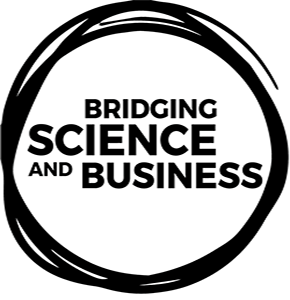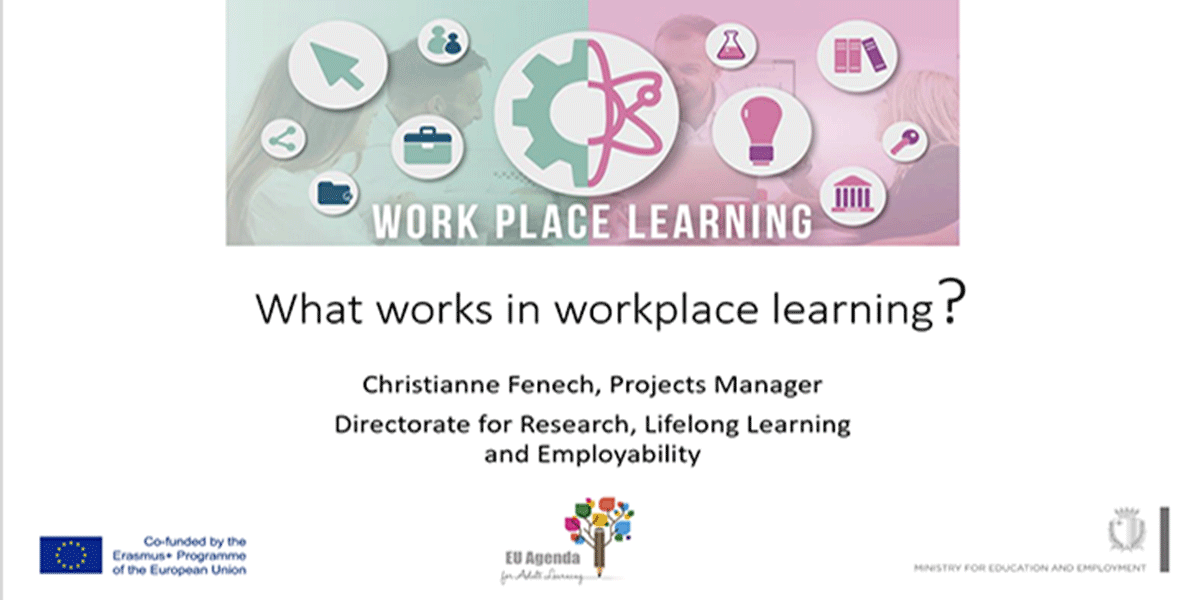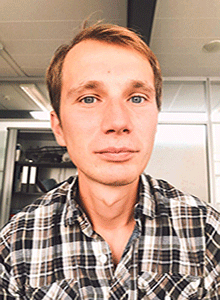NEWSLETTER
BRIDGING SCIENCE AND BUSINESS WORKING GROUP: CLOSING THE GAP BETWEEN SCIENTISTS AND ENTREPRENEUR
Pavlo Bazilinskyy is the Chair of the Bridging Science and Business Working Group. Here is his round-up of 2017, as well as the group’s plans for the year ahead.

Mr Bazilinskyy, you are the Chair of the Bridging Science and Business Working Group. Could you tell us about the group?
The main objective of the working group is to bring together representatives of both science and business. We strive to establish a fruitful conversation between these all-too-often separate worlds. To mediate such a conversation, our working group organises events, webinars, and training sessions. The ultimate goal is to build a platform and establish well-defined guidelines for science-to-business collaboration in Europe.
What were the main achievements
in 2017?
The highlight of this year was the event in Gdansk, which the BSB WG organised together with the Polish chapter in September. It took place at the Institute of Fluid Flow and Machinery. The event covered different aspects of intellectual property and included an introduction to the different types of IPR by Dr Mugdha Joshi of King’s College London, as well as insights into IPR from the perspective of patent lawyer Darren Smyth. Another highlight was a workshop on Design Thinking by Daria Nikulina, which guided participants through the entire process of designing interviews and reaching solutions through critical analysis and thinking. We concluded with a series of presentations by the researchers who have successfully commercialised their research.
BSB often represents the MCAA during events. In October, a few WG members joined a meeting at the EPO HQ in Munich and a EURAXESS workshop in Madrid. Three more members will benefit from attending EURAXESS workshops in November and December.
Another major focus during 2017 was our matchmaking tool. Development was launched by Claudia Simao, the previous chair of the WG, and is intended to be a solid bridge between MCAA members and companies in Europe. Stay tuned to hear more about it soon!
What is in the pipeline for 2018?
The next year will be very exciting. After our successful event in Gdansk our group is now full of motivation and spirits are high! We want to build upon our experiences of months of preparation for the event. Our next big milestone is the next Science-to-Business conference, which we plan to organise for May in Paris. We are preparing a very exciting programme for this 2.5-day event with quite a special beginning on the first day, so stay tuned.
Then, in the second half of the year, I plan to bring MCAA to my home country of Ukraine. I am now discussing possible collaboration with EMA (Erasmus Mundus Association). The idea is to establish a dialogue on running start-ups in the EU and Ukraine, as the country is witnessing a tech innovation boom. We also hope to raise awareness of both the Marie Skłodowska-Curie Actions and Erasmus+, in order to provide a stepping stone for motivated young Ukrainians and enable them to discover their own potential.
In addition, I have assembled a task-force responsible for a series of webinars on the topics of start-ups, IP, and patent law. We expect to hold the first webinar later in November. We are also discussing the idea of launching an ‘MCAA incubator’.


What are today’s most important challenges for the science-business sphere?
The worlds of science and business rarely meet and when they do misconceptions about methods and the alignment of goals often prevent productive cooperation. Our group is motivated to make lives easier for both researchers and entrepreneurs by eliminating such obstacles.
Increasing numbers of researchers are creating their own startups. What are the advantages and drawbacks in your opinion?
Start-ups are the future and we are now at a turning point. I think it is great that researchers understand this and are taking advantage of the positive climate for start-ups in Europe. For example, I live in the Netherlands and the government here is restructuring the economy so that there is a focus on efficient small and medium-sized companies in the future. If you have a good idea that can make money, all doors are now open.
Learn more about the Polish Chapter 2nd meeting and PC-BSB WG joint event: https://www.mariecuriealumni.eu/posts/polish-chapter-2nd-meeting-and-pc-bsb-wg-joint-event







